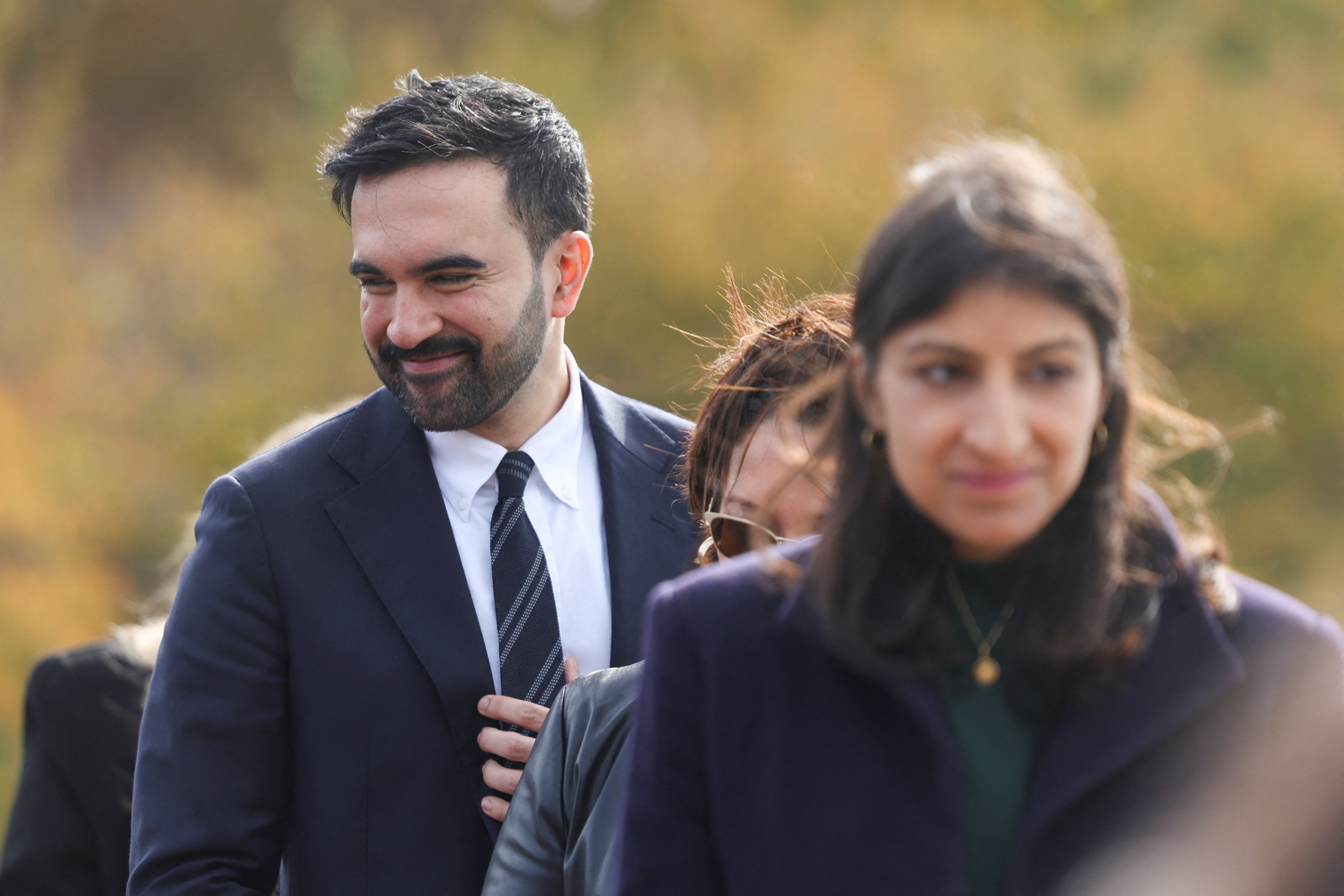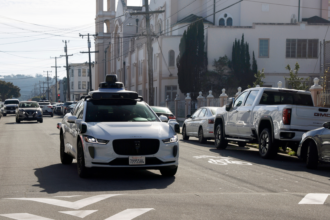Zohran Mamdani won over New York City’s tech industry workers – but their bosses are worried about what the mayor-elect’s far-left agenda will mean for business.
Mamdani’s high-energy, social media savvy campaign tactics drew major support from rank-and-file tech workers, who were among the largest individual donors to his mayoral bid, as The Post previously reported.
“In many ways, Zohran’s campaign acted like a disruptive startup itself,” said Julie Samuels, who leads the influential Tech:NYC trade group. “But like any other sector, there’s some trepidation about what it means to have a democratic socialist as mayor.”
In addition to raising taxes on the wealthy and corporations alike, the self-proclaimed democratic socialist has vowed to step up regulations on delivery apps like DoorDash and has made cryptic statements about artificial intelligence. He also has a history of criticizing local police.
“The tech industry is a lot about vibes and signaling,” said Eric Soufer, head of the advanced tech practice at Tusk Strategies. “These early signals are really important.”
Soufer noted that former Mayor Bill de Blasio ”didn’t have to do very much to send a signal to the tech industry that he was anti-tech and basically didn’t want them here.”
The number of tech jobs in New York City has surpassed the number on Wall Street “by a widening margin” since 2020, according to data from the comptroller’s office. That makes it all the more crucial that Mamdani mends fences.
Mamdani has vowed to crack down on “predatory” gig worker model and impose new regulations on tech heavyweights like DoorDash, Uber and Grubhub as well as startups like TaskRabbit and Handy.
His decision to appoint ex-FTC chair Lina Khan, known for her aggressive Big Tech antitrust crackdown, to co-lead his transition team was another red flag, according to Soufer, who notes that Meta and Google are major employers in the city.
“Is he going to use his bully pulpit to saber-rattle at those heavyweights?” Soufer said. “The only reason to think that is when you appoint someone like Lina Khan to your transition team. That’s what she’s known for.”
Tech workers are far less concerned about potential tax hikes than their bosses, according to one Big Tech policy official who requested anonymity to freely discuss the situation.
“I think the rank-and-file employees at these companies were willing to donate because they’re fine if their boss’s boss boss gets taxed higher,” the official said.
Mamdani has called to raise taxes by 2% on individuals earning $1 million or more and to hike New York’s corporate tax rate to 11.5% — tied for the highest in the country.
Samuels pointed out there is a “clear understanding in the industry that the city can’t raise taxes without the state.” As a result, tech leaders “don’t have their hair on fire just yet,” she said.
At the same time, Mamdani and other local leaders should be cautious about messing with tax rates.
“It’s already really hard to do business here for small businesses, for small and large businesses,” Samuels said. “So, I think we have to be really careful about that.
Mamdani had vowed to lower the high cost of city living. While some experts have questioned whether his proposals will help the situation or make it even worse, the message nevertheless resonated with tech workers facing sky-high rent payments to live near their offices.
As of last year, a tech worker earning an average entry-level salary could afford just 2.1% studio and one-bedroom rentals in NYC, according to study by Zillow and Tech:NYC.
Maintaining affordability is a key area of concern for local tech leaders, according to Samuels – but it goes hand-in-hand with a need for safe streets and subways.
Mamdani extended an olive branch to the business community with a series of meetings brokered by the Partnership for New York City and Tech:NYC in August – and will likely need to continue those discussions to keep local leaders onside.
It also remains to be seen if Mamdani’s plan to expand public transportation – including controversial free city buses – will come at the expense of tech innovators like Waymo, who could be eying expansion.
“Tech companies will go where the people they want to hire are,” Samuels said. “And as long as dynamic, smart, interesting people want to live in New York City, the companies will be here because those are the people the companies want to hire.”
“It is in all of our best interests for Zohran to be successful and to ensure that New York is a thriving, safe metropolis, that people want to live it,” she added.










